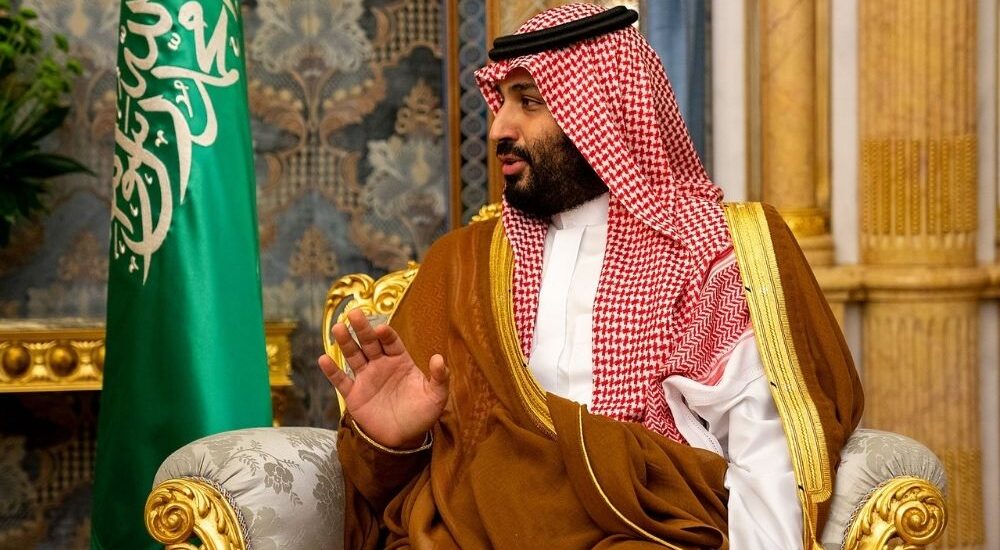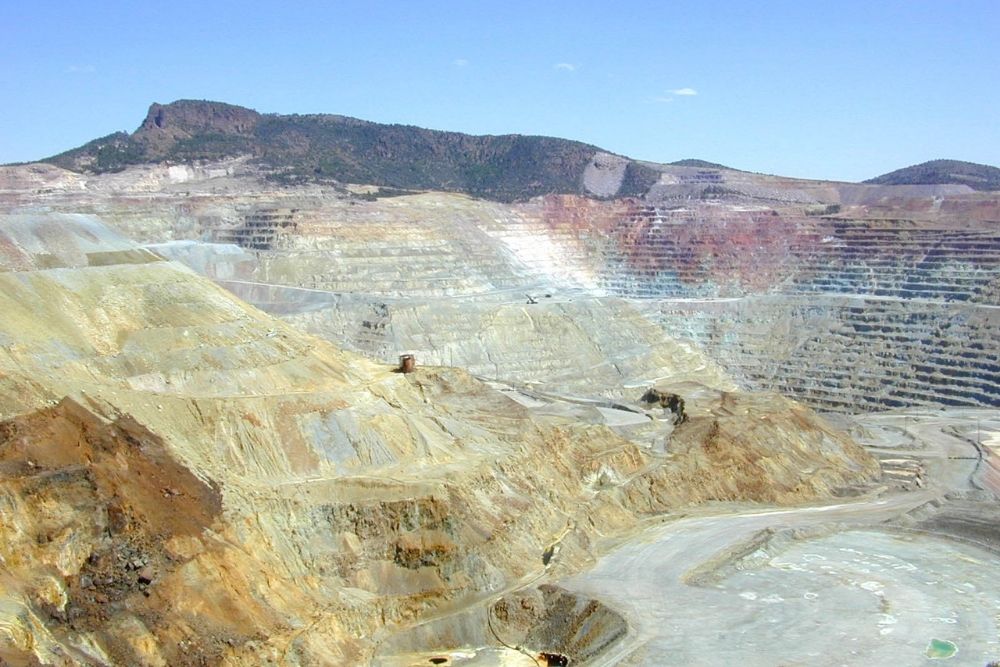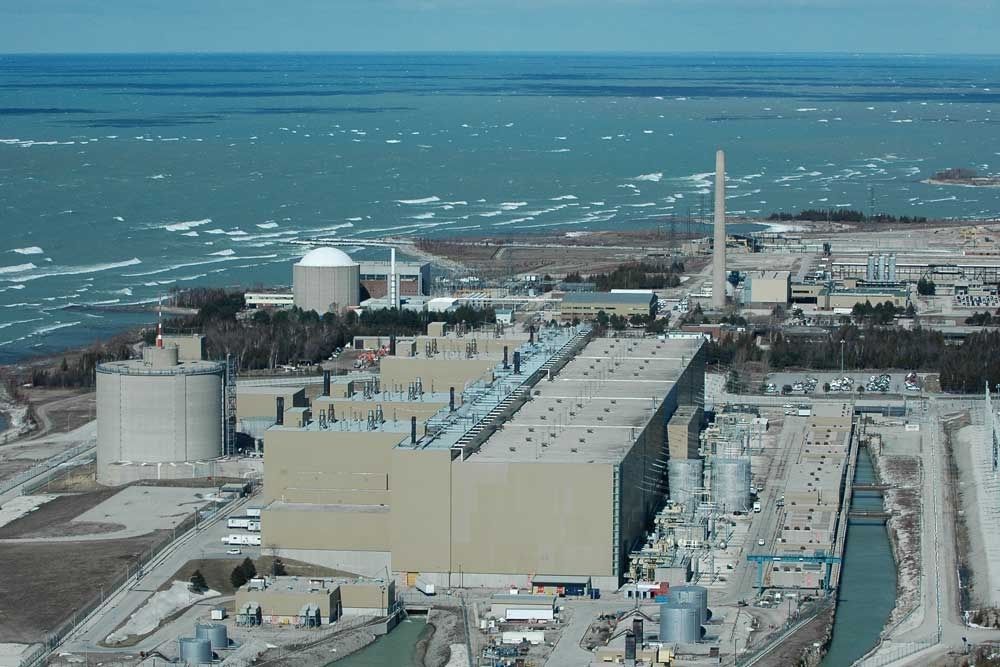Saudi Arabia aims to add metals to its natural resource wealth
- September 8, 2023
- Posted by: Quatro Strategies
- Categories: Middle East, Mining & Metals, Sanctions & Regulation

Saudi Arabia, a nation that has already used its oil wealth to diversify into areas like sports, tourism, and movies, is now setting its sights on the mining industry. The kingdom, under the leadership of Crown Prince Mohammed bin Salman, plans to invest billions of dollars to tap into the more than $1.3 trillion worth of metals buried in its territory.
This move is part of Saudi Arabia’s Vision 2030 initiative, which aims to transform the country’s economy and reduce its reliance on oil. The plan includes developing local mines and acquiring resources from other countries to be refined and processed within Saudi Arabia.
The main focus for mining is copper, but the country also has ambitions to mine uranium and phosphates for its nuclear program. This has raised concerns among Western powers and the United Nations about nuclear proliferation in the Middle East.
However, some skeptics within the mining industry doubt the viability of Saudi Arabia’s domestic mining plans. The country’s geology is less favorable than other mining-rich regions, and it faces challenges like water scarcity and remote desert locations.
Despite these challenges, Saudi Arabia is determined to position itself as an alternative supplier to China for metals and minerals crucial to the global energy transition, particularly for electric vehicle batteries. The government is offering significant incentives to attract mining companies, including financing and tax benefits.
Saudi Arabia’s ambitions in the mining industry could have implications for its relations with the United States, China, and emerging markets. The success of these mining projects will depend on their ability to move from identifying mineral deposits to commercial production.
Saudi Arabia’s commitment to its mining goals is evident in its willingness to take commercial risks and invest in the industry. While doubts remain among major mining companies, the kingdom’s belief in its aims is unwavering. Whether giants like BHP get involved in Saudi Arabia’s mining ventures remains to be seen.
Interested in learning more?
Sign up for Top Insights Today

Top Insights Today delivers the latest insights straight to your inbox.
You will get daily industry insights on
Oil & Gas, Rare Earths & Commodities, Mining & Metals, EVs & Battery Technology, ESG & Renewable Energy, AI & Semiconductors, Aerospace & Defense, Sanctions & Regulation, Business & Politics.


